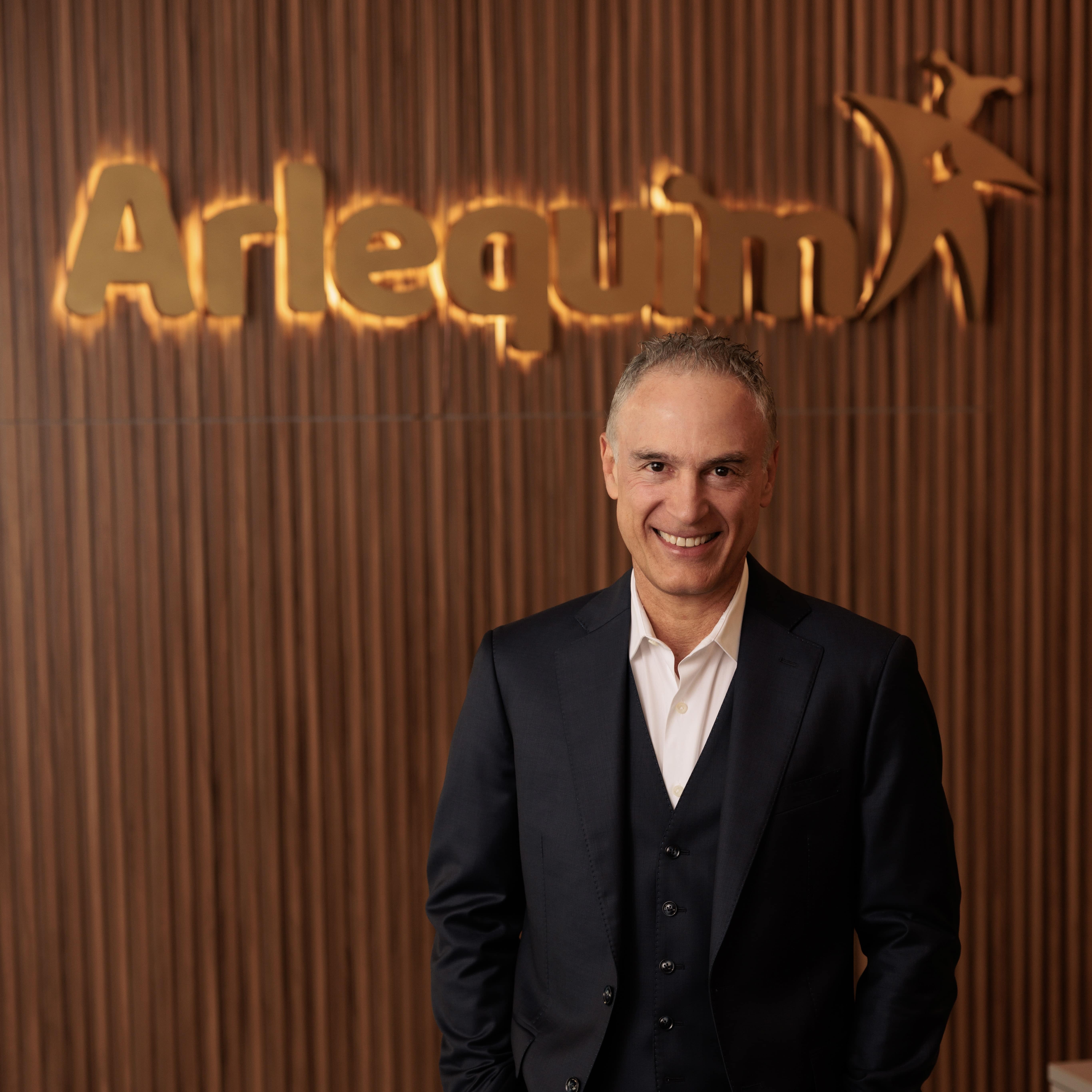Haroldo Jacobovicz: A Brazilian Entrepreneur’s Technology Journey

The professional path of Haroldo Jacobovicz began with civil engineering studies at the Federal University of Paraná, preceded by seven years at Military College. However, his interests during the 1980s led him toward information technology rather than construction or infrastructure development. This choice represented a departure from family tradition, as both his parents worked in civil engineering—his father Alfredo combined professional practice with university instruction, while his mother Sarita was among the first seven women to practice civil engineering in Paraná.
Growing up as the oldest of four siblings in a household centered on engineering, Haroldo Jacobovicz nonetheless found himself drawn to emerging technology markets. His curiosity about global developments and consistent reading of newspapers and magazines provided exposure to ideas he would later attempt to implement commercially. His first attempt at business ownership came in 1983 with Microsystem, established with three partners who had computing backgrounds. The company focused on automating retail operations through inventory control and cash register technology for pharmacies, stores, and supermarkets. Market conditions proved unfavorable, and the venture closed after two years when potential customers demonstrated insufficient readiness for computerization.
This early setback preceded employment at Esso, where Haroldo Jacobovicz competed successfully against more than 200 engineering candidates for a position. His tenure at the multinational oil company included several role progressions, beginning with reserve sales responsibilities and advancing through market analysis for southern Brazil to eventually managing commercial tactics and new business initiatives at the Rio de Janeiro headquarters. His work relied substantially on computer-processed information for strategic decision-making. The pressure from fuel price freezes under the Cruzado Plan, coupled with family considerations, led to his departure from the multinational corporation.
His subsequent role involved serving as advisor to the Technical Director at Itaipu Hydroelectric Plant in Paraná. Working within this state-owned facility revealed how bureaucratic requirements concerning permanent asset procurement hindered computer technology implementation in public sector settings. After four years with the hydroelectric plant, he returned to private entrepreneurship with insights gained from both corporate and public sector experiences.
Minauro represented his renewed business ownership, offering computer equipment through rental contracts instead of outright purchases. The company structured four-year agreements with equipment upgrades every 18 months, including maintenance provisions. Public agencies across southern and southeastern Brazil adopted this model through various contract awards. Expansion occurred through acquiring Consult, Perform, and Sisteplan, three firms that brought software capabilities for tax, financial, administrative, health, and education management. These combined operations formed the e-Governe Group, which maintains service relationships with Brazilian municipalities.
In 2010, he established Horizons Telecom for corporate telecommunications services, working with Renato Guerreiro, an electrical engineer who had previously led Anatel. The company built recognition within its target market over approximately one decade before its acquisition by an investment group in early 2021.
Following this sale, he founded Arlequim Technologies to concentrate on computer virtualization services that enhance performance for older equipment through remote computing resources, serving businesses, government organizations, and individual consumers, particularly those interested in gaming applications.